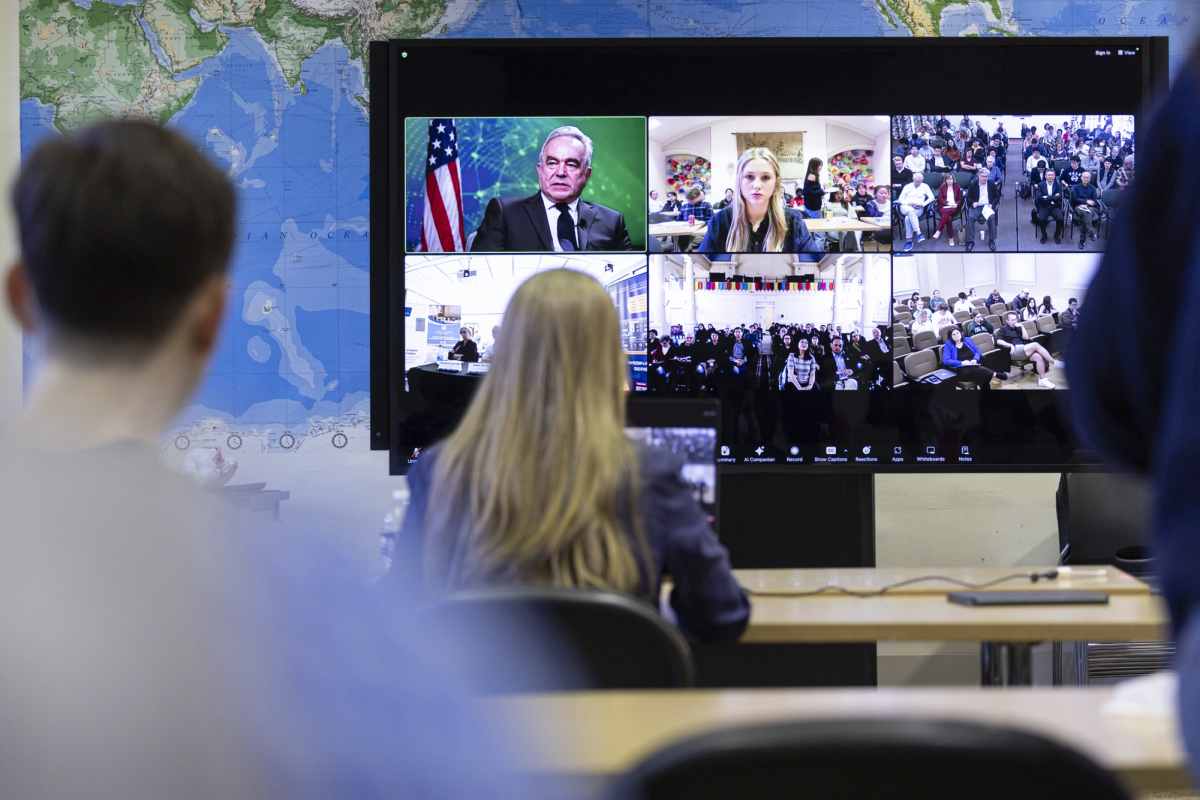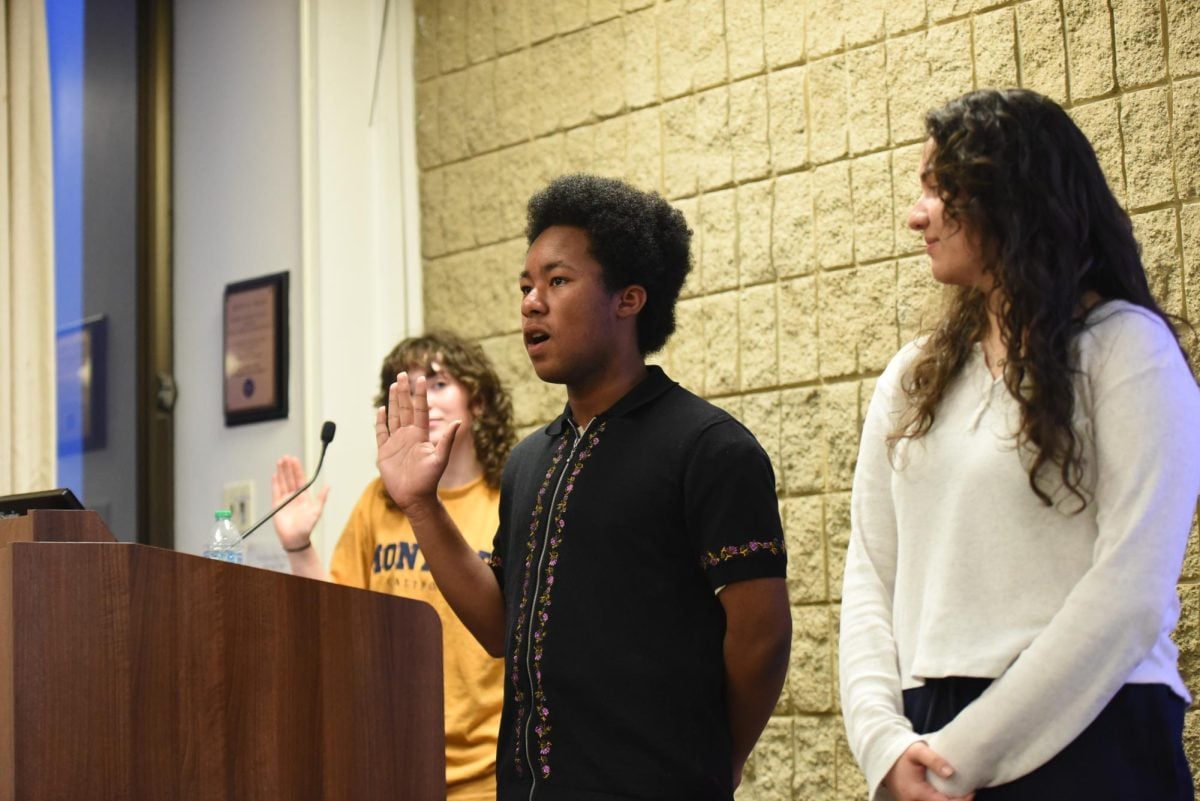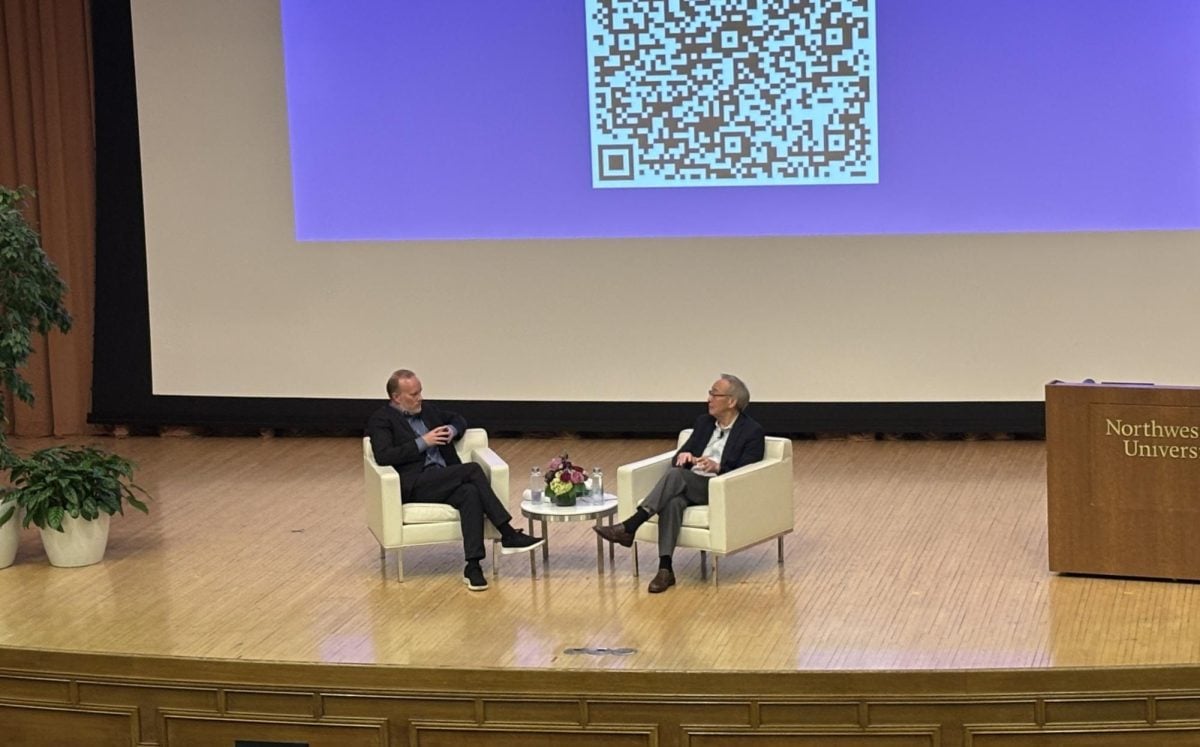U.S. Deputy Secretary of State Kurt Campbell discussed technological competition with China, China’s role in the Russia-Ukraine War, concerns over Taiwan and future U.S.-China diplomacy at a virtual town hall Tuesday.
Stephen Orlins, president of the National Committee on U.S.-China Relations, moderated the event. Northwestern was one of five organizations participating in the online panel with Campbell and Orlins, who joined the conversation from the State Department in Washington.
Campbell, who was confirmed by the U.S. Senate in February, said that China is a “fierce, intense competitor, as is the United States.” He added that the U.S. wants to keep competition from becoming confrontation.
“I do believe China is competing to win, without question,” Campbell said.
On the topic of Russia’s invasion of Ukraine, Campbell said the U.S. has to deal with “challenging” issues” like China’s support for Russia in the Ukraine War, but sees indications that both sides are determined to keep U.S.-China relations on a “steady, stable path” despite differences in views.
“I don’t believe China, at this juncture, fundamentally wants to see the borders of Europe rewritten through conflict,” Campbell said.
Campbell also addressed concerns about the risk of conflict in the Taiwan Strait with increasing Chinese military activity in the region.
He emphasized that the U.S. government’s position is to maintain “peace and stability” in Taiwan.
“In the past, the U.S. often spoke alone on the absolute need to sustain the status quo across the Taiwan Strait,” Campbell said. “Recently, more countries have shown their support.”
Campbell ended his talk by highlighting the Biden administration’s measures to combat rising anti-Asian hate and violence and addressing the influx of Chinese economic migrants entering the U.S. from Latin America.
After Campbell’s town hall, Kaiser Kuo, co-founder of the Sinica Podcast, led a discussion with about 20 NU students and faculty at Scott Hall.
Kuo said Campbell needs more “cognitive empathy” when analyzing China’s perspective, instead of only seeing the country as a threat or competitor.
“I think there’s a lot of ‘China better not cozy up too much with the Russians,’ rather than any effort to understand why China may feel compelled to do so,” Kuo said. “There’s no appreciation for the conundrum that China finds itself in.”
Campbell’s position on China is like seeing only half of a chess board, he added.
Kuo also disagreed with Campbell on the threat that China’s technological competition poses.
“China is not going to be stopped,” Kuo said. “We’re going to look back 20 years from now and realize that trying to starve them of these key technology inputs was a colossal mistake.”
Political science Prof. Iza Ding, a local organizer of the town hall, said she had noticed growing interest in discussing China-adjacent topics at NU and considers the event on Tuesday a success.
Ding taught “Political Science 355: Politics of China” in Fall 2023, where she observed many students interested in the topic. She added that many NU faculty members and students are also working on “China-related projects.”
“The larger goal is really to build a community … regardless of people’s political positions, we want to make the public more informed and be able to make up their own minds about their opinions on China,” Ding said.
Email: lavenderhuang2026@u.northwestern.edu
Related Stories:
— Obama speechwriter and alum Cody Keenan discusses new book during Reunion Weekend
— Former Deputy Secretary of State talks U.S. foreign policy, relationship with Russia







